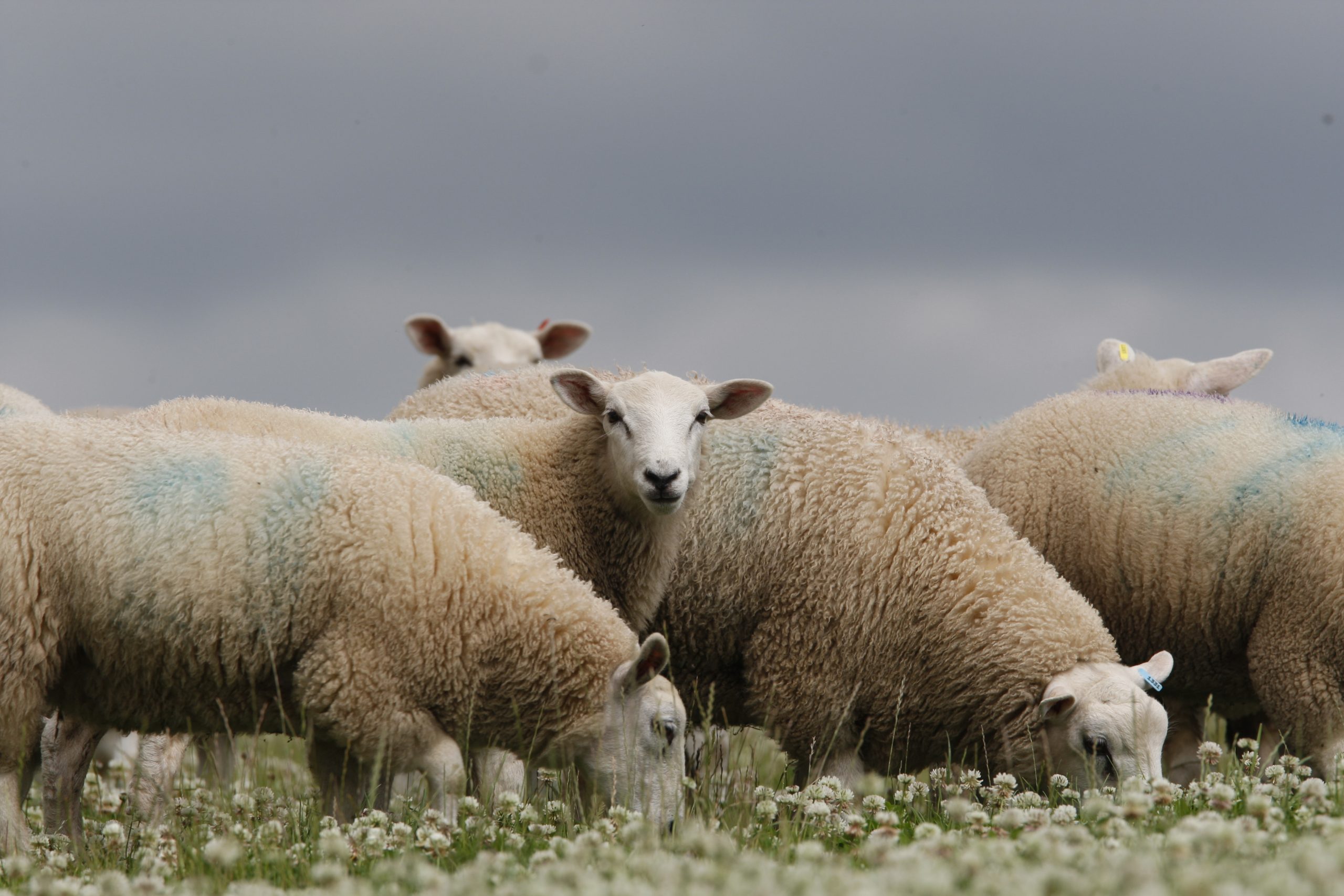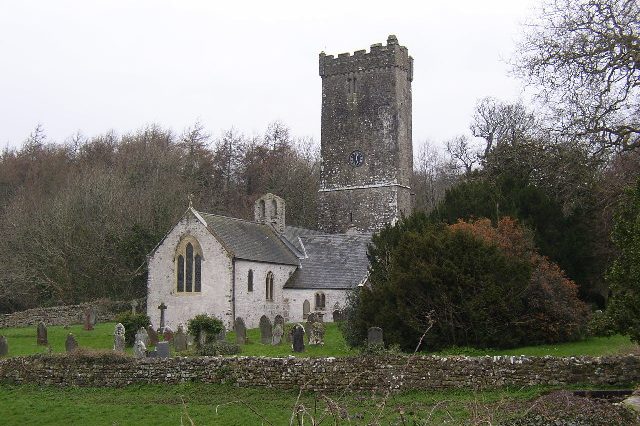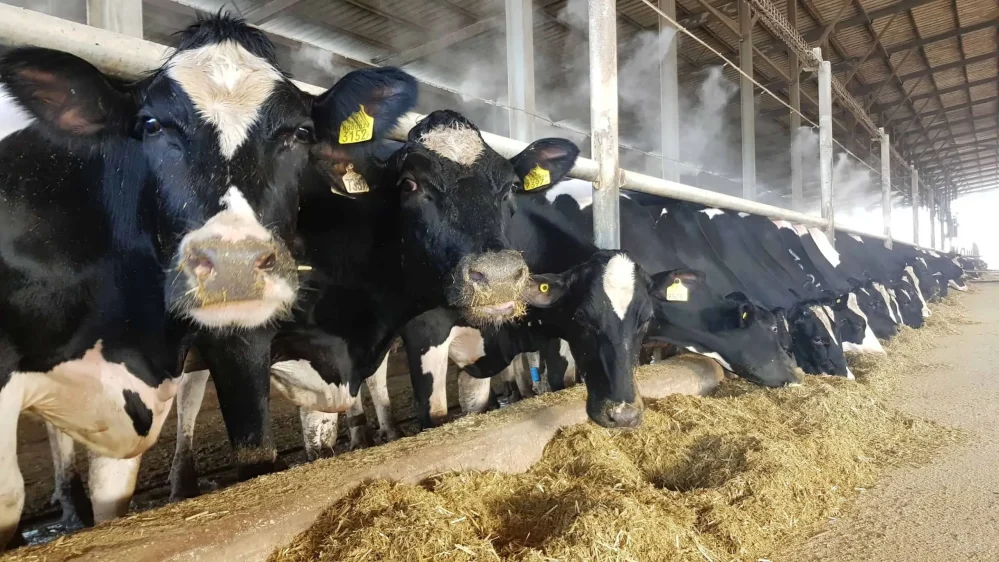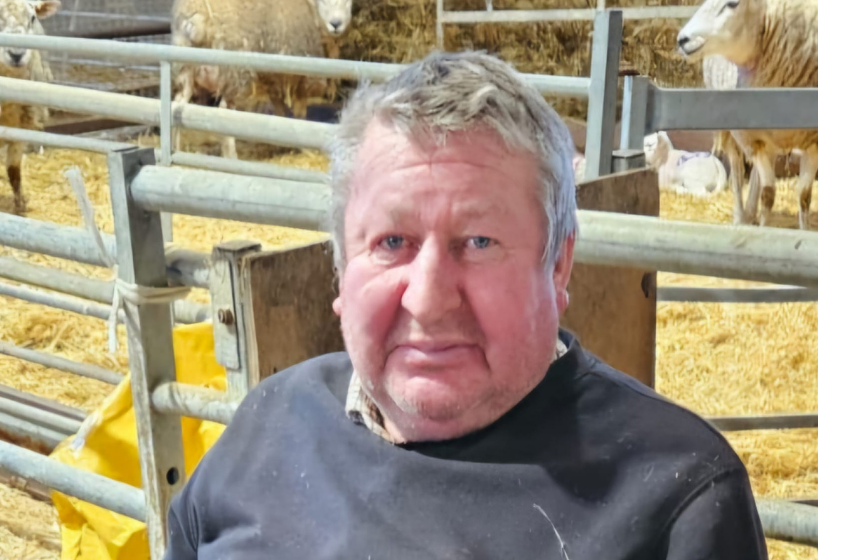Farming
Welsh Government must balance farming priorities

IN EARLY July, the Welsh Government published its proposals for the Sustainable Farming Scheme.
Robert Dangerfield, Communications Manager for the Country Land Owners and Business Association Cymru, responds.
We are pleased to see the ambition shown within the document to support sustainable and profitable food production alongside addressing the climate and biodiversity emergencies.
The proposals arise after three consultations over five years and reflect the work our members and the CLA team have done with Welsh Government.
We are happy to see considerable detail on what the scheme will pay for, the process for how farmers and landowners can apply, and how the transition from the current landscape of the Basic Payment Scheme and Glastir to the Sustainable Farming Scheme will work.
We do, however, have some specific concerns.
Firstly, the requirements for 10% woodland/forestry cover and a 10% requirement for habitat creation and maintenance may not be suitable for all holdings. The need to balance sustainable food production must be considered further.
Secondly, there are no specific payment rates for the scheme. Welsh Government have explained that this is because the current funding settlement with the UK Government only goes to 2024, so they cannot commit to specific rates. This is disappointing, and we will continue to lobby to ensure future funding matches the commitments within the proposals.
WHAT HAS BEEN PROPOSED?
Despite the concerns highlighted above, there is a fair amount of detail within the document. To summarise, the scheme includes a farm sustainability review that will include farm details (size, sector, livestock), a carbon assessment and a baseline habitat survey.
The review will be digital, where possible, to reduce cost and concentrate resources on scheme delivery.
It will provide entry to the scheme and identify the actions Welsh Government will pay for. These will consist of a mixture of universal activities that all applicants must undertake – for which they will receive a baseline payment via a five-year contract and optional and collaborative actions which will attract additional payments.
The universal actions include:
· Record of key performance indicators;
· 10% of land for woodland/forestry and 10% for habitat creation/maintenance;
· Undertake animal health and welfare plan;
· Undertake a biosecurity plan;
· Manage areas of cultural/heritage significance;
· Undertake a five-yearly soil analysis.
The optional and collaborative actions are very wide-ranging and will be able to be tailored for the plethora of different farm types across Wales. One particular area of importance for our membership is access.
The proposal outline that any options relating to access are optional and include:
· upgrading footpaths to multi-use paths;
· enhancing existing paths to make them more accessible;
· establishing joined-up and new access routes and trails;
· establishing new access;
· hosting educational and care farm visits.
We will continue to work with the various access fora and the Welsh Government to ensure that any new access is voluntary, incentivised, and permissive.
INITIAL VIEWS
The Royal Welsh Agricultural Show took place a week after the publication of the proposals, providing an ideal opportunity for discussion with lots of different organisations and our members.
Not surprisingly, the “10 and 10 requirements” dominated many meetings and conversations I had.
Some farmers were not concerned as they had already reached these percentages on their holding but were worried about land held under Farm Business Tenancies that often did not include the woodland.
In the short term, there are no quick answers; but the CLA Cymru team will be part of a Welsh Government-organised tenancy working group to discuss the impact of the proposals on landowners and tenants.
Other members outlined their worries that they needed all the productive land they had to go towards feeding their stock or growing their crops. This is a real concern.
For some, the solution will be to sustainably intensify other parts of their farm and become more efficient.
Where this is not possible, the role of exemptions for some farms must be considered by Welsh Government.
AGRICULTURE (WALES) BILL
The Agriculture (Wales) Bill will be published this Autumn.
It will be the legislative mechanism by which Welsh Government can administer the new scheme.
Ministers are confident it will receive Royal Assent by summer 2023, ready to begin testing, trialling, and introducing the new scheme.
We will be working with Members of the Senedd to ensure scrutiny of the Bill and to propose amendments if we see fit.
Farming
Farm building scheme near Lawrenny given go-ahead by planners

AN APPLICATION for a storage building at a south Pembrokeshire farm, made by a family member of an officer on Pembrokeshire County Council’s planning service, has been given the go-ahead by the authority’s planning committee.
In an application recommended for approval at the July 23 meeting of the authority’s planning committee, Laura Elliot sought permission for the erection of an agricultural storage building at Tedion Farm, a dairy farm near Lawrenny.
The application had been brought to committee, rather than being delegated to planning officers, due to the family connection.
The farm, near to the Pembrokeshire coast National Park border, comprises 270 milking cows and dairy heifer replacements kept on the farm comprising land over 138 hectares. The farm is mainly down to grass and the cows are paddock grazed in order to utilise grass efficiency.
No objections had been received from local community council Martletwy.
A report for members said: “The application seeks consent for the erection of agricultural storage building. The erection of an agricultural building will be used to store stay, hay and farm machinery.
“The building would be located within the existing farm complex, to the north-east of the site, adjacent to the main farm dwelling. The building will measure 18 metres in length by 13.6 metres in width, with a pitched roof height of 5.71 metres.”
Approval was moved by Cllr Alistair Cameron, seconded by Cllr Brian Hall.
Farming
Fears dairy farm near Kilgetty could increase to 3,000 cattle

PEMBROKESHIRE planners are to visit the site of one of the county’s largest dairy farms after claims were raised a scheme for new calf buildings could lead to animal welfare issues and an increase in the size of the herd to 3,000 cattle.
At the July 23 meeting of the council’s planning committee, an application by Hugh James of Langdon Mill Farms Ltd for a calf building, weaned calf building, and associated yard areas, at Langdon Mill Farm, near Jeffreyston, Kilgetty was recommended for conditional approval.
Local community council Jeffreyston has raised concerns, made by a member of the public, on potential increased noise and odour from the scheme, planners heard.
A supporting statement, through agent Reading Agricultural Consultants, said: “The holding currently has a milking herd of approximately 2,000 cows, which are housed indoors for the majority of the year, with dry cows [cows that are not lactating, prior to calving] and heifers grazed outdoors when weather and soil conditions permit.
“There has been significant investment in buildings and infrastructure at the farm over the last decade in respect of cattle accommodation, slurry storage, milking facilities, Anaerobic Digestion (AD) plant and feed storage. The unit is efficient, achieving yields of more than 10,000 litres/cow/year, with cows being milked three times/day in the 60-point rotary parlour.”
Currently, calves are reared at Langdon Mill Farm for two months before being transported off-site to be reared at a number of third-party farms in the area before being return later; the proposed 61.2m long calf building is required to accommodate young-stock, following separation from the cows, to two-months, with the 164.8m weaned calf building to be used for calves from two months to seven months.
The application says the proposals would “clearly make the enterprise more financially robust by reducing reliance on third party farms”.
However, concerns were raised at the committee meeting by objector Ian Dennis, a former vet of some four decades’ experience, who described Langdon as occupying 3,000 acres of land with 2,000 cattle currently that “are never allowed to graze,” the proposal, he said, would add another 1,000 cattle to the site.
“This is factory farming, an intensive livestock unit, no longer a farm.”
He told planners a “mendacious and incorrect” ammonia emission report submitted by the applicants was “designed to bamboozle,” saying, despite his experience and scientific background, he needed expert support to assess.
He said only average figures were reported, rather than peaks and troughs, adding the “fictitious anaerobic digestion plant” had yet to be built, with planning permission now lapsed.
However, officers told members the applicant’s agent had said works on the digestor had actually started.
On the issue of animal welfare, Mr Dennis said he had “very huge concerns” about the scale of the development, differing from a planning officer report saying the scheme would bring animal welfare benefits.
A suggestion by committee chair Cllr Simon Hancock the application be deferred pending a site visit was unanimously backed by committee members present.
Farming
Family pay tribute to farmer, 65, who died in quadbike accident

A WEST WALES farmer has died after an incident involving a quadbike.
Dyfed-Powys Police have confirmed they attended a report of an incident involving an agricultural quadbike in a field in the Llanilar area of Aberystwyth on July 17.
The force has confirmed that a 65-year-old man died at the scene.
They said that his next of kin have been advised and are being supported by specialist officers. The HM Coroner and Health and Safety Executives have been informed.
His family have paid tribute to him. The family said: “Hugh Tudor was a 65 year old farmer who had farmed at Tynberllan, Llanilar with his wife Ann for over 40 years. He was a devoted father to Sara, Lowri and the late Gwenno.
“Hugh was the son of the late Tom and Sybil Tudor of Glanystwyth and brother to Richard.
“Farming was his life, but he also had a wide range of interests and was actively involved in all aspects of the local community in Llanilar and beyond.
“We would like to thank everybody for their support and kindness during this difficult time.”
-

 Education5 days ago
Education5 days agoMilford Tesco worker achieves Oxford dream and lands top legal job
-

 Crime4 days ago
Crime4 days agoHaverfordwest man admits having nearly 1000 child and animal images
-

 Crime4 days ago
Crime4 days agoYouth set to appear in court over serious sexual offences
-

 Crime4 days ago
Crime4 days agoPolice investigating after man injured during altercation in cemetery
-

 Education4 days ago
Education4 days agoPupils delight in ice cream treat from Pembrokeshire’s number one van
-

 Crime4 days ago
Crime4 days agoTown centre ‘stinking of skunk’ as police strip cannabis farm
-

 Crime3 days ago
Crime3 days agoFag-butt police court summonses spark debate in Pembrokeshire
-

 News6 days ago
News6 days agoProposal to give firefighters a council tax discount to go to Cabinet





























